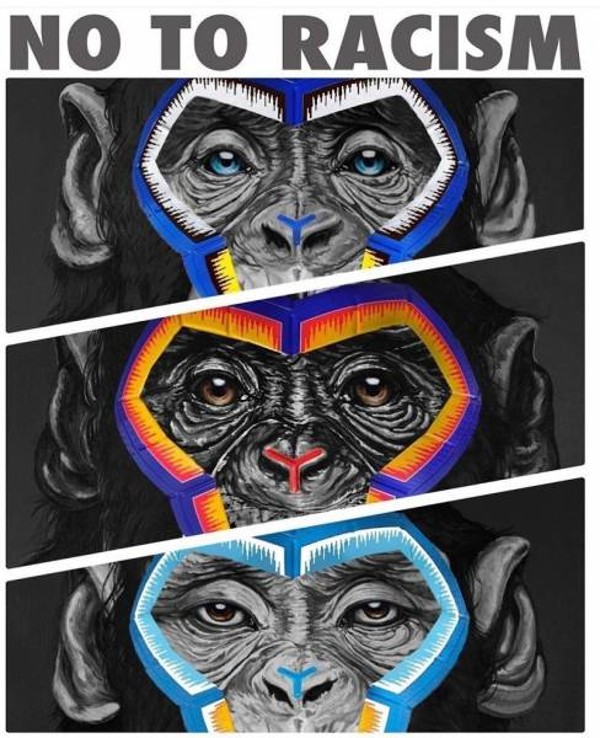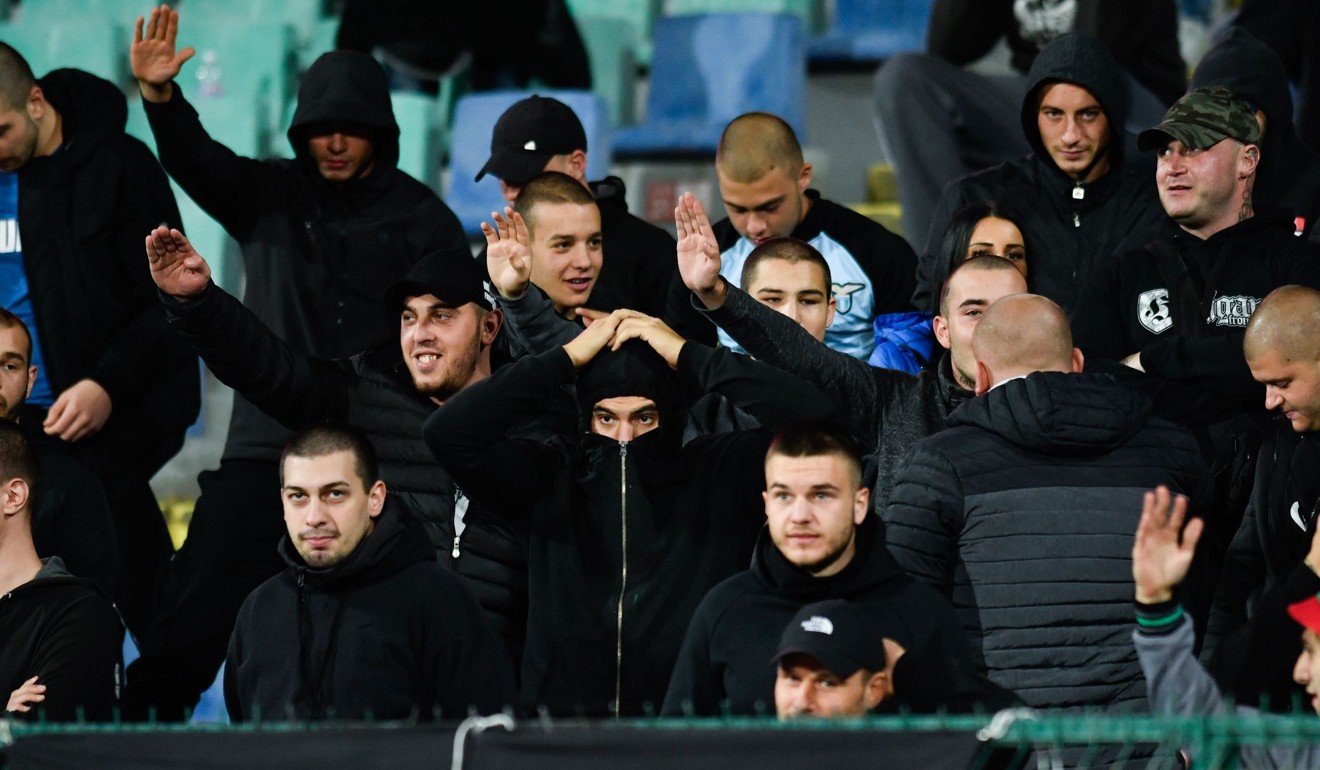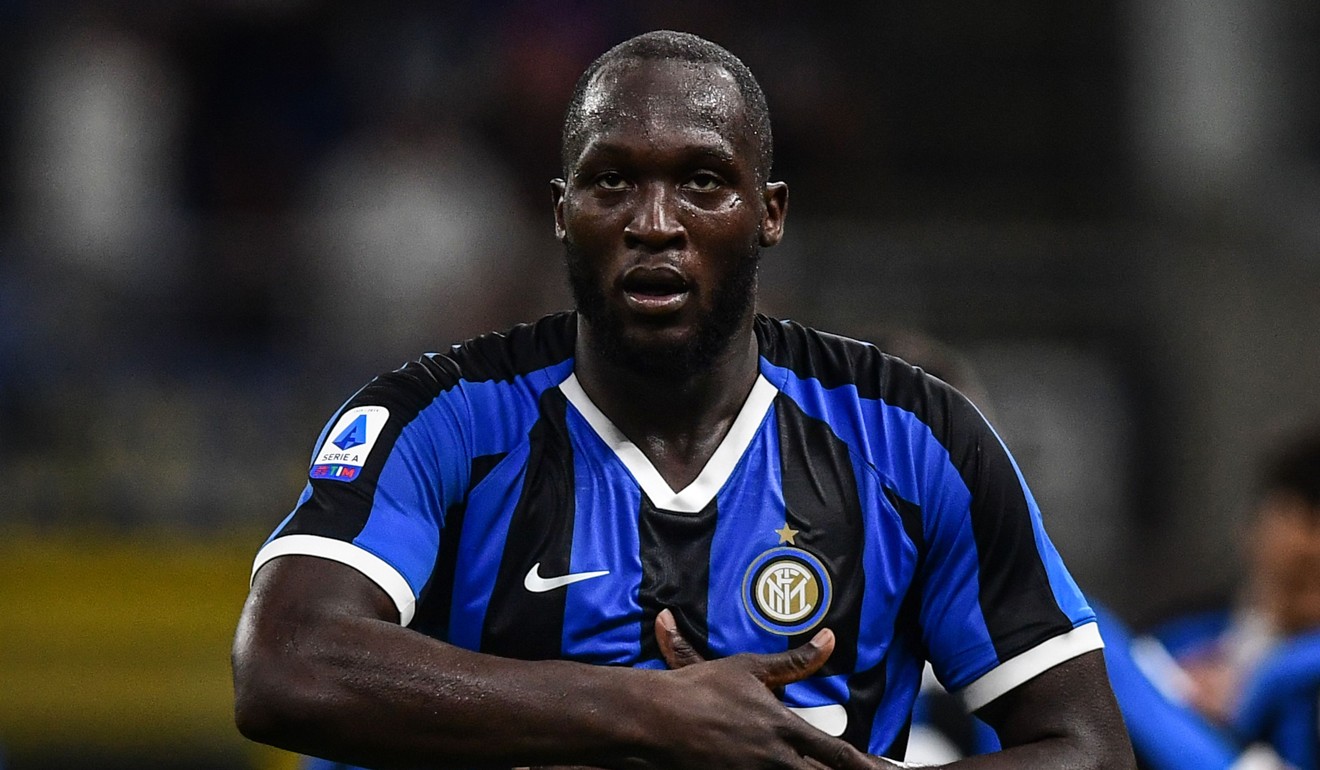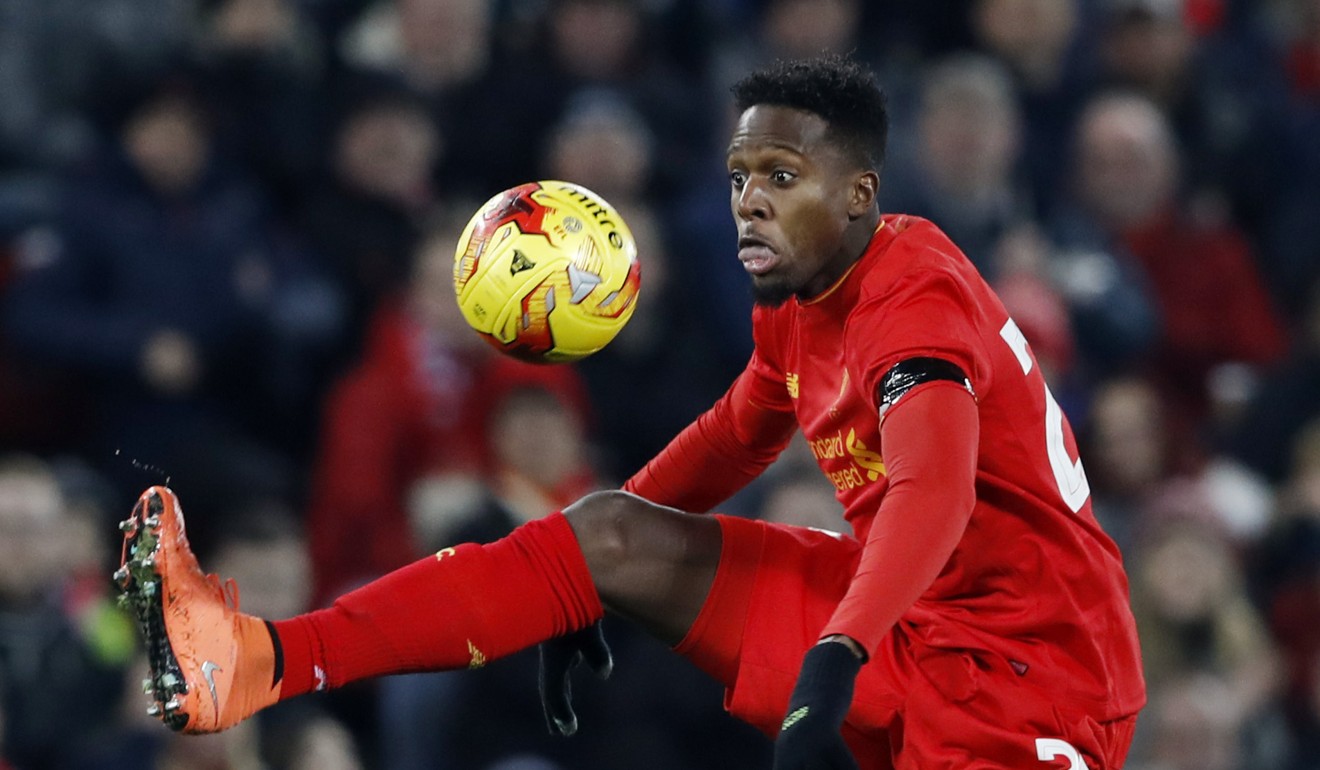
Football racism: English Premier League and Serie A double standards holding back fight against prejudice
- Tribalism skews the prism through which fans decide what is racism as clubs back their own
- England players racially abused in Bulgaria have had the same treatment at English grounds and online this season
Historically, the bars and clubs of Britain dread the final Friday before Christmas. “Nasty Friday” they call it. Ordinarily decent people go feral, their behaviour reaching its absolute worst after a few drinks. The bloodshed that follows makes sure that the bouncers, police and hospitals earn their money.
We appear to be reaching a similar low point in the football calendar and it’s already clear that was not the “Black Friday” headline of the Italian newspaper Correire Dello Sport ahead of the meeting between former Manchester United teammates Romelu Lukaku and Chris Smalling.
Serie A has a long-standing problem so it was worse when they misread the room and commissioned an artist to paint monkeys for their anti-racism campaign. At least they apologised.
Apologies are few and far between on social media where a growing number of players are abandoning their accounts after racial abuse. Abuse comes from all corners online.

This is a football issue at every level and it is as global as the game itself, from China to India, but let’s focus on England.
English Premier League matches this month have seen a 13-year-old Burnley fan ejected for racially abusing Tottenham Hotspur’s South Korean star Son Heung-min (not the first time) and another man arrested for allegedly making monkey gestures at Manchester United’s Brazilian midfielder Fred and England international Jesse Lingard. This was the same weekend racial abuse was reported at a League Two game and in non-league, with figures up year-on-year.
Earlier in the season an FA Cup match was called off between two non-league teams with the Haringey Borough players walking off after Yeovil Town fans racially abused them. This came days after the FA spoke out following the racial abuse and Nazi salutes aimed at the England national team in Bulgaria.
The abuse of England internationals even got British Prime Minister Boris Johnson to speak up about it, although he has not touched the issue since. His only involvement was when former Manchester United and England player Gary Neville mentioned his name after the racism at the derby.
Neville, working as a pundit, pointed to the prime minister’s debate ahead of his election win and the rhetoric around migration.

“It fuels it all the time. It has got worse over the last few years in this country and not just in football,” he said.
“[This fan] thinks he can come to a game and racially abuse someone playing football. It is disgusting. It is terrible and something has to be done.”
Something will be done to that “fan”. Manchester City acted swiftly after the incident at the derby. The accused claimed he was putting his hands in his pocket, opting for the “Father Ted” defence, based on the hapless parish priest of the hit Irish TV show who was mistakenly accused of giving a Nazi salute. It was not what it looked like is not convincing.

It might not convince but it can be effective, as Crystal Palace goalkeeper Wayne Hennessy found out. The news cycle moves on. People may not forgive but they do forget.
Forgetting might explain the double standards at Manchester City.
Pep Guardiola, a man so willing to speak out on Catalan politics, also found his voice when his winger Raheem Sterling was racially abused and spoke out about it.

The Manchester City boss was less chatty when the fallout was because of a tweet sent from Bernardo Silva to Benjamin Mendy comparing the full-back to a racial caricature used to advertise chocolate in Spain.
Then for Guardiola it was a case of Bernardo was not racist, he’s not that kind of player and some of his best teammates are black. All true but the player should think to not share this publicly for all to see and then the club should not try to sweep it under the rug.
Man City are not alone in exhibiting double standards, though. This season Liverpool condemned their own fans for a racist Divock Origi banner but this was the club that closed ranks and stood by Luis Suarez when he abused Patrice Evra. Chelsea condemned the online treatment of Tammy Abraham, but the same club stood by John Terry in the face of racial abuse allegations from Anton Ferdinand.

Meanwhile, a Man United fan was kicked out of their recent Liverpool game for racially abusing Trent Alexander-Arnold. The list goes on and probably stretches to every club – and fans tend to back their club.
That’s the bigger issue. Club allegiance clouds what should be clear. We’re all full of double standards.
As fans, the tribalism of the game skews our vision. It’s only racism when it affects us and our own, otherwise it’s shrugged, off denied or explained away.
Nothing will change until racism in football becomes black and white, not red and blue.

